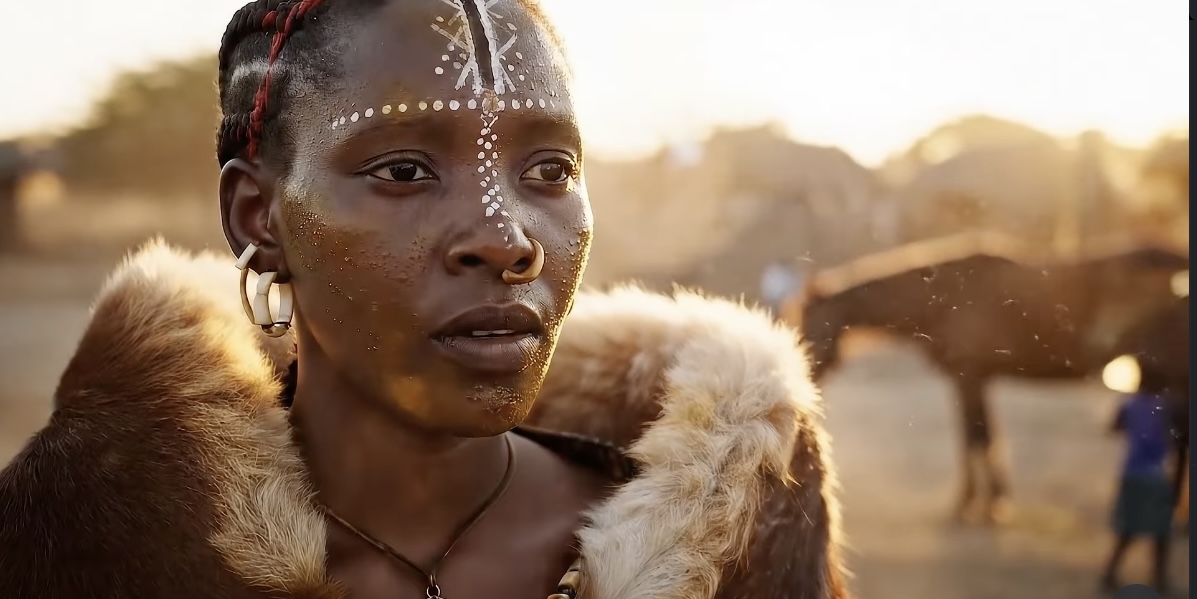In a quiet corner of the internet, without PR, promo or media fanfare, a mysterious South African filmmaker named Collin Mfayela has been reshaping the boundaries of African storytelling using artificial intelligence. With no formal rollout, no film festival premieres, and no studio credits, just Instagram posts and short-form reels. Collin has dropped a series of visually arresting AI-generated short films, retelling our stories with a bold, cinematic eye.

From reimagining overlooked histories like the British enslavement of Bantu peoples, The Uprise of June 16 1976 to experimenting with the visual language of skin texture and isiZulu dialogue, Collin is forging a completely new lane in South African cinema, one that blends the future of technology with the urgency of untold narratives.

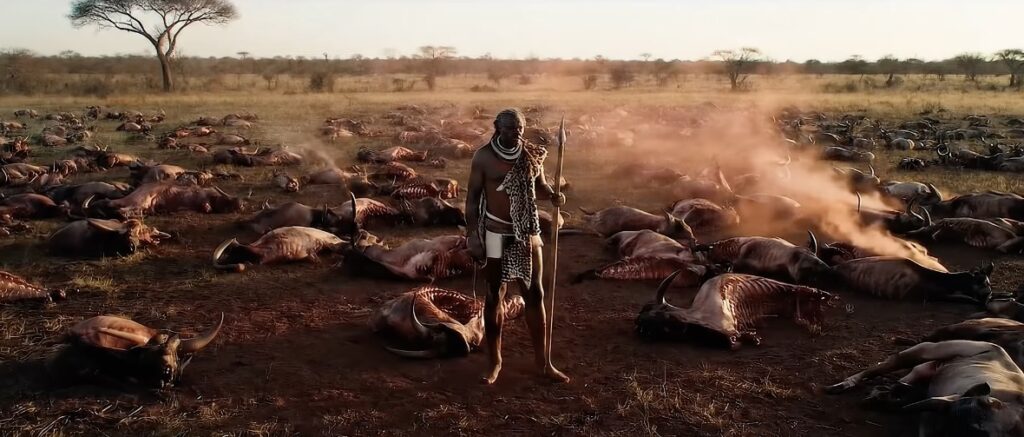

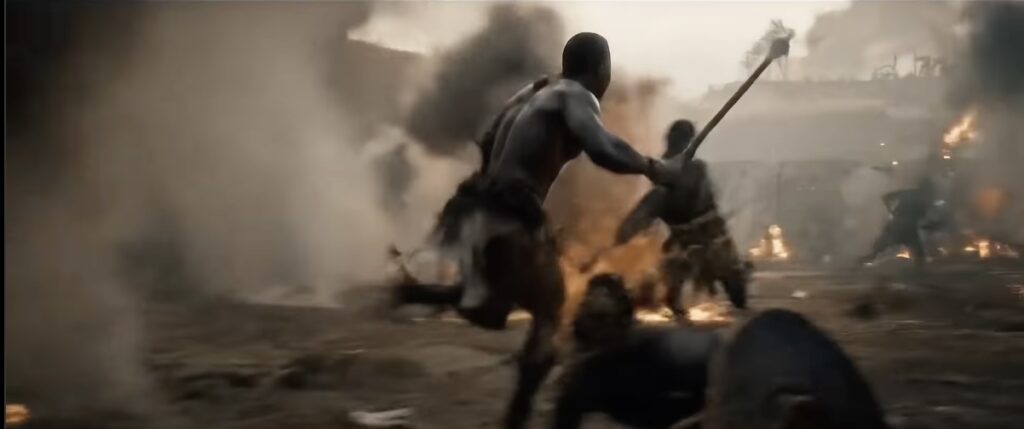
There’s a persistent myth that Bantu peoples were never enslaved by the British,” he writes in one post, “yet slavery underpinned South Africa’s colonial economy from the mid-1600s until the 1830s. Bringing these complex histories to life on screen exposes AI animation’s greatest challenge: consistency.”-Collin Mfayela
He’s right. AI-generated content is far from perfect. Hold a frame too long, and the illusion crumbles. Dialogue in isiZulu warps, stutters or fades. Skin tones flicker into uncanny territory. And yet—it works. It works because what Collin is doing isn’t about polished perfection. It’s about possibility.
AI as a Tool, Not a Replacement
Collin is quick to make the distinction: AI is not a replacement for traditional filmmaking. It’s a tool. In his workflow, ChatGPT becomes his co-writer, Google Veo3 (AI Ultra) shapes his visuals, and ElevenLabs adds layers of sound design. The result? A seamless fusion of human creativity and machine augmentation.
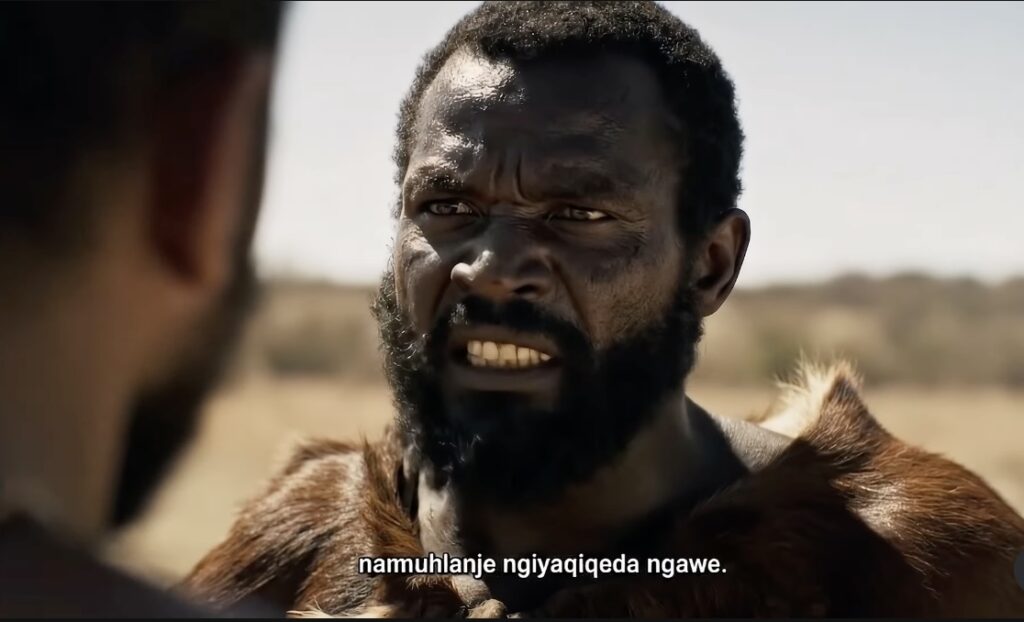
His ultimate goal is to blend AI with real actors, creating high-end, immersive short films that audiences can recognise and connect with—both in face and in language.
Teaching this thing how to speak isiZulu consistently is a nightmare,” he admits. But that’s the work. That’s the frontier.
What is a Movie in 2025?
The notion of the “film” is shifting rapidly. The days of 90-minute or more only formats are over. With TikTok, Reels, and YouTube Shorts dominating attention spans, short-form storytelling is the new cinematic language. Collin’s 60-second AI films are more than just reels, they’re fully-fledged storyboards, testing proof-of-concept ideas that could be scaled or adapted to full-length productions.
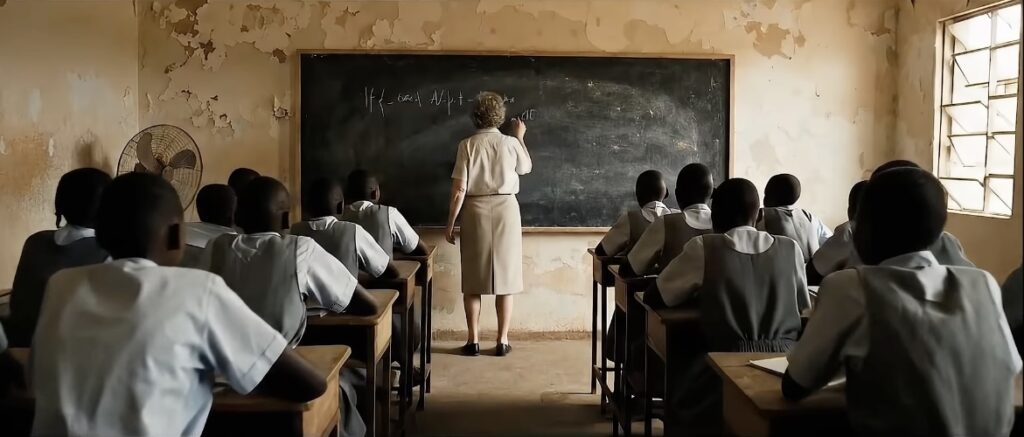
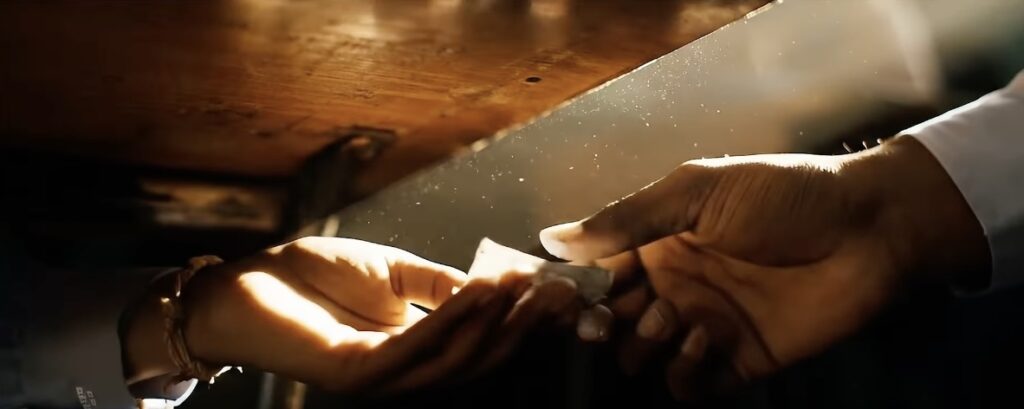
This raises a compelling question for South African filmmakers: is this a new form of scriptwriting? A way to test story resonance before heavy investment? Could AI become the next assistant director, drafting, composing, designing frames, even shaping moodboards before a camera ever rolls?
The Power of Vulnerability in the Creative Process
One of the most refreshing things about Collin’s approach is how he invites public collaboration. Each short film he posts is followed by detailed breakdowns of his process, the tools used, and open calls for feedback. “How can I improve this?” he asks. “What do you think of the lighting in this shot?” This level of vulnerability, especially in a hyper-curated digital space, is radical.
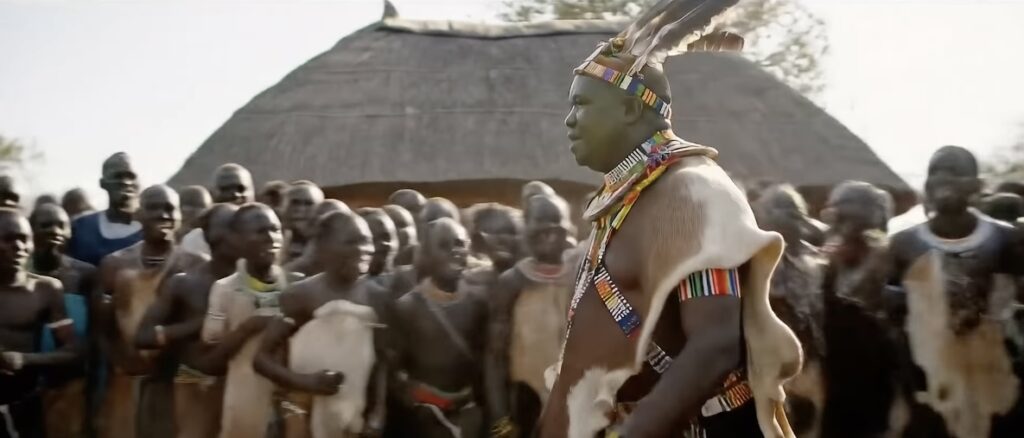
Too often, the creative process is isolated and guarded. Collin flips this on its head. He invites the audience into the process. In doing so, he’s showing a new model for engagement: interactive storytelling not just in form, but in feedback.
The Bigger Picture: Reclaiming African Narratives
By harnessing AI tools, Collin isn’t just making experimental videos. He’s offering an entry point—a path for young South African storytellers to begin exploring what’s possible, even without budgets, crews, or traditional resources.
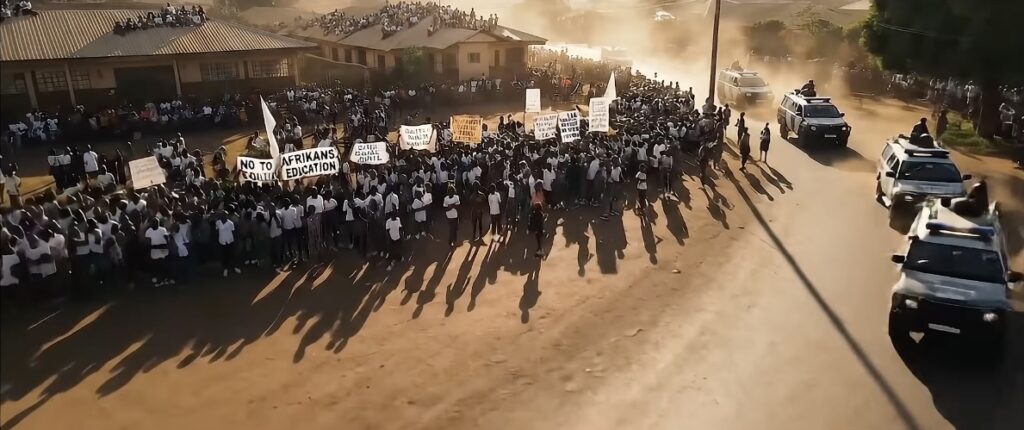
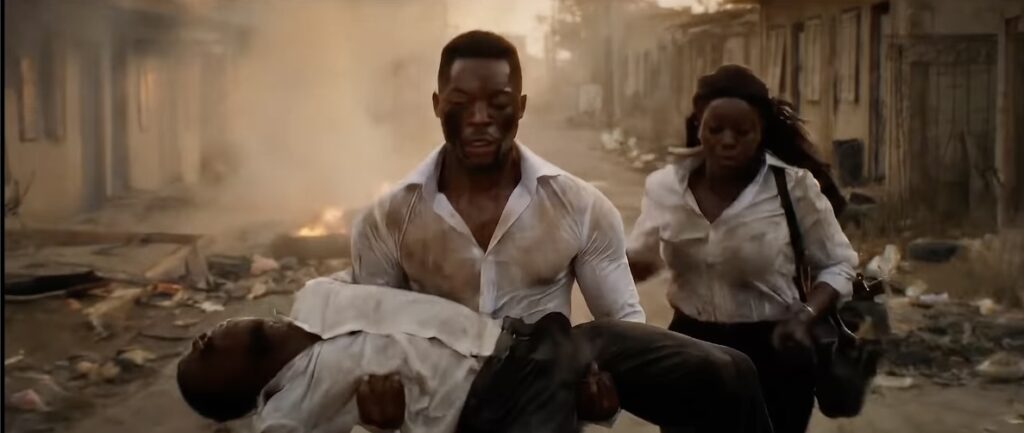
And this is the bigger truth: African stories are often too big for the infrastructure we have access to. Too layered, too nuanced, too historically rich for the small budgets and limited platforms we’re often boxed into. What Collin is doing is opening a door, a hybrid creative process that lets filmmakers ideate, prototype, and test their ideas in short-form, high-impact formats.
A Call to the Storytellers
The tools are here. They’re not perfect, but they’re powerful. And they’re becoming more accessible by the day. Collin Mfayela’s films are proof that we can start now. That we don’t have to wait for permission, for grants, for greenlights from global studios. Our stories are urgent. Our histories are complex. Our futures are worth imagining, with or without a budget.
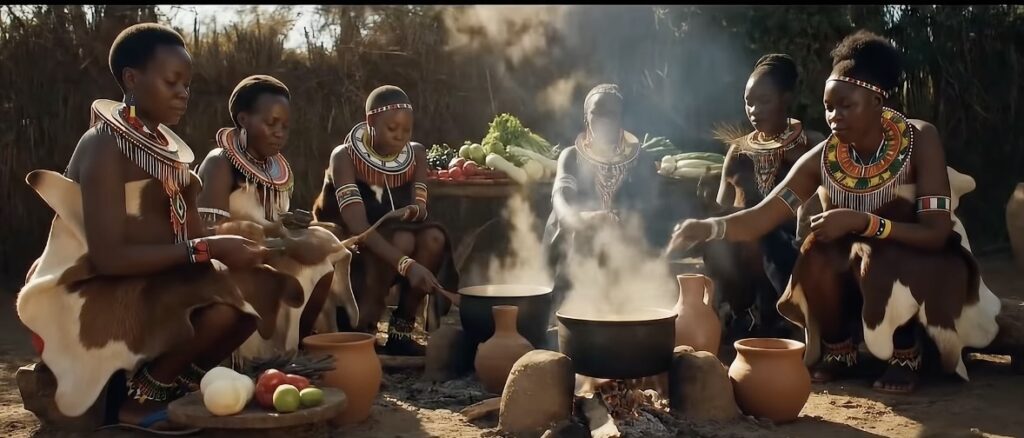
So here’s the challenge: how will you use AI to tell your story? Because Collin Mfayela just reminded us that the only thing standing between your imagination and the screen is the courage to experiment.
Keep updated with his latest 60 seconds A.I Films, Check out his Instagram



